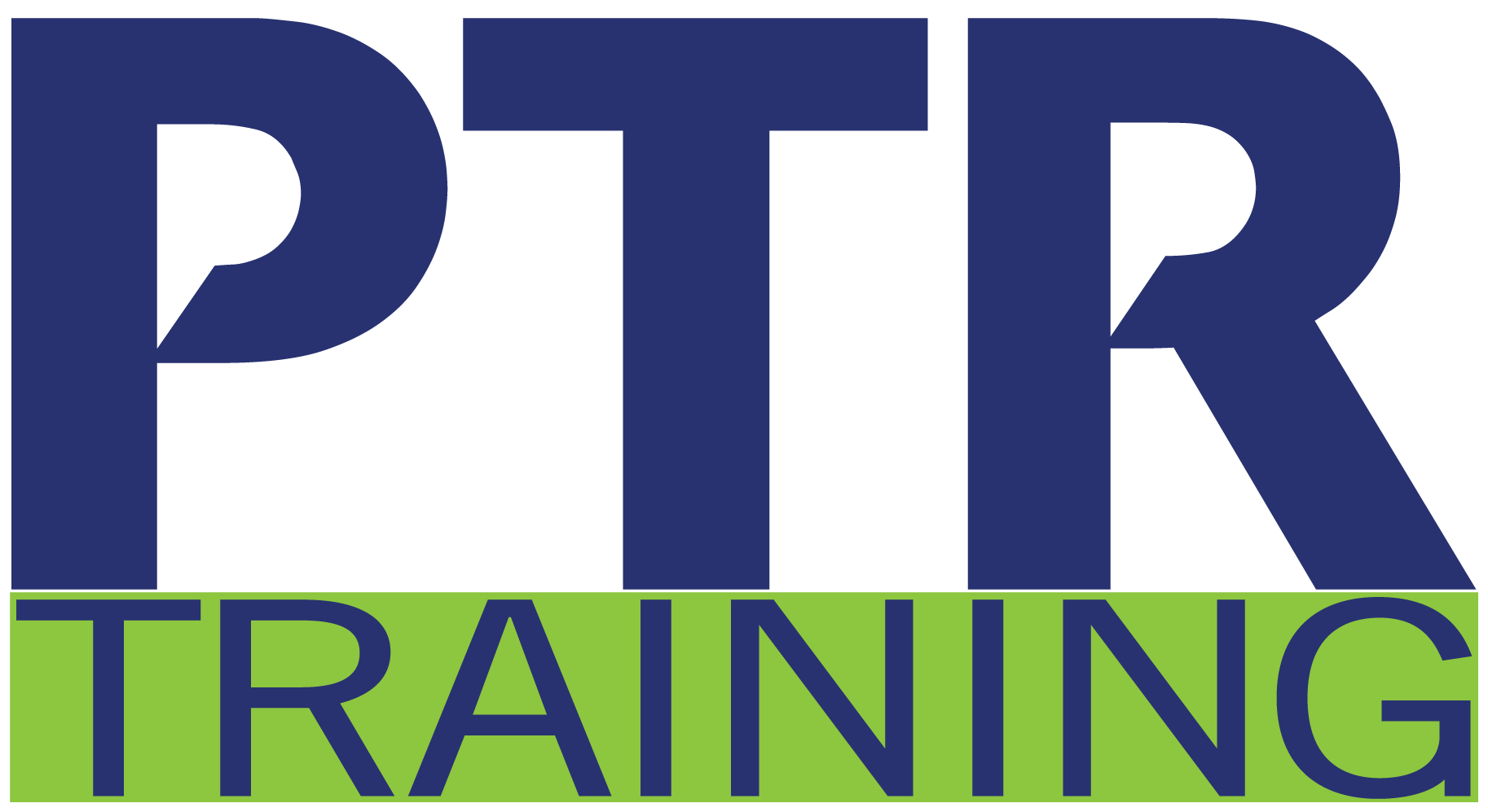Training Format → Live Virtual: 4 hrs./1-Day | In-Person: 6 hrs./1-Day
This course provides vital tools to master Emotional Intelligence (EI) in the workplace. Delve into interpersonal dynamics to cultivate robust connections, navigate conflicts, and manage emotions effectively. Discover how wasting time on stress, conflict, and unnecessary self-control can undermine happiness and success. Engage in practical exercises to develop leadership skills, enhance communication clarity, and foster successful collaboration.
Learning Objectives
- Develop a working knowledge of emotional intelligence.
- Examine the fifteen EI competencies.
- Learn how to manage emotions.
- Apply EI competencies and strategies.
- Use emotional intelligence to develop interpersonal expertise.
Course Agenda
What is Emotional Intelligence (EI)?
- EI Self-Assessment
- Defining Emotional Intelligence
- The Nature of Emotional Intelligence
- EI’s Positive Impact on Business
- The Advantages of Emotional Intelligence Behaviors
Emotional Intelligence Skills
- Exploring EI Abilities
- Managing Stress
- Managing Your Emotions
- Nonverbal Communication
- Using Humor
- Resolving Conflict
Applying Emotional Intelligence
- Advisors
- The STEP Model
- EI Competencies
- EI Strategies
- Motivating Yourself
- Developing Interpersonal Expertise
- The Roots of Empathy
- Helping Others Help Themselves
- Curriculum for Emotional Wisdom


